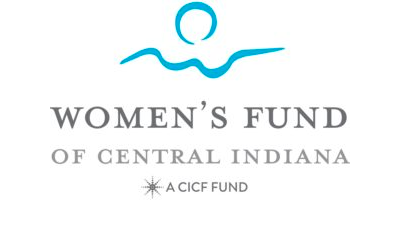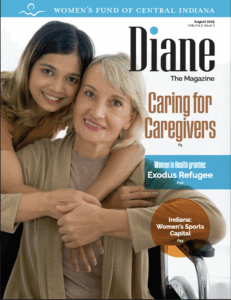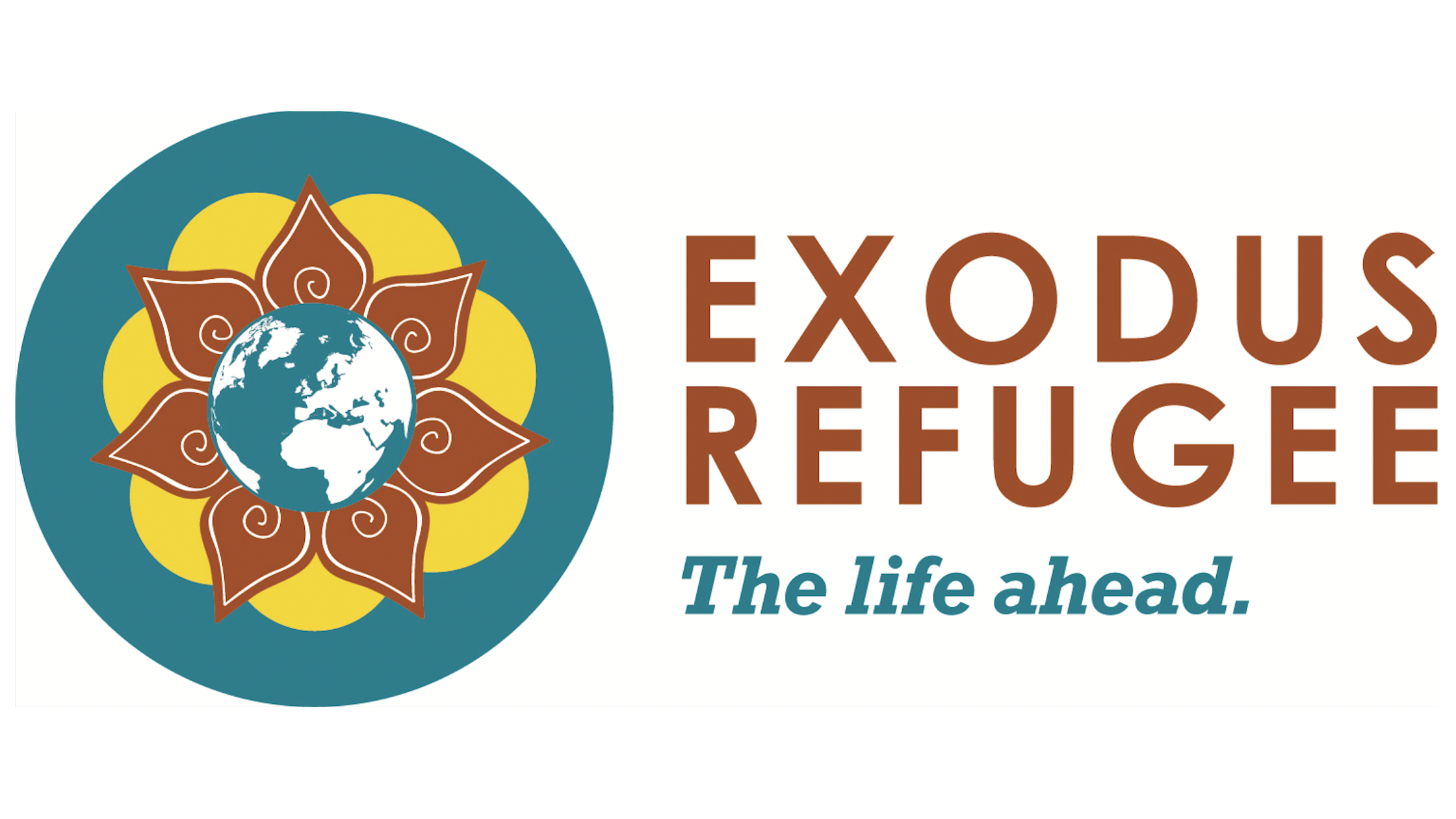
Recently, Women’s Fund sat down with Cassandra Sanborn, Director of Development and Communications at Exodus Refugee Immigration Inc. In April, Exodus was awarded a $35,000 grant from the Women in Health Collaborative Fund.
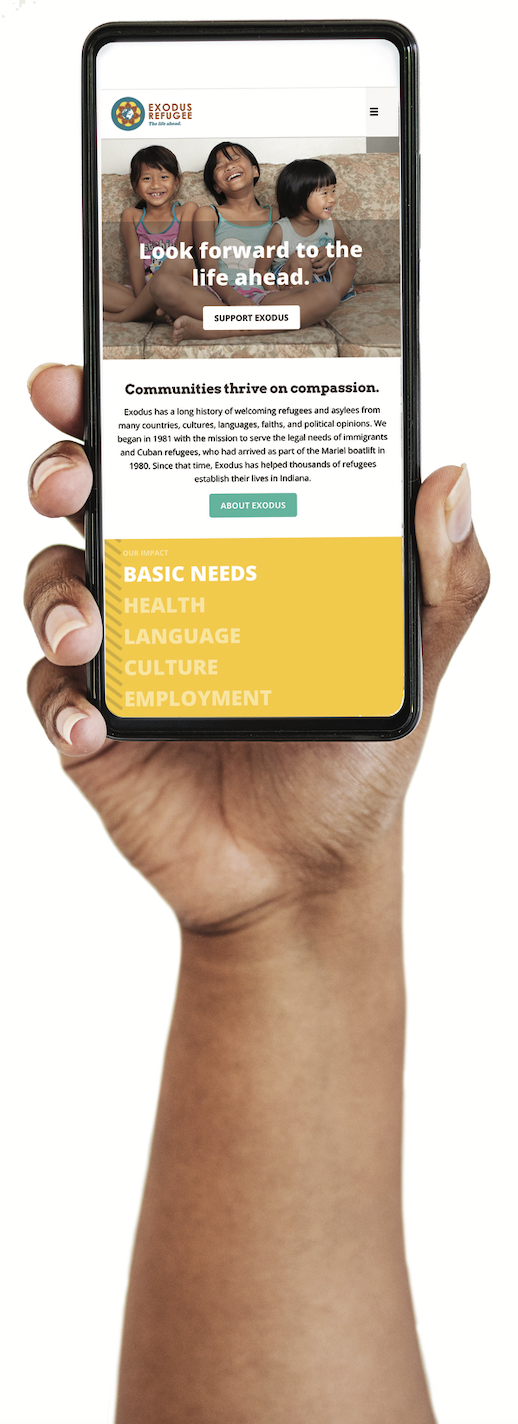 The grant went towards services for pregnant and new mothers in the refugee community, including case management, workshops and direct assistance.
The grant went towards services for pregnant and new mothers in the refugee community, including case management, workshops and direct assistance.
While our conversation with Cassandra was meant to focus on new services, any talk about the refugee experience in 2025 will necessarily touch on a rising anxiety about basic rights and due process.
“It’s been a stressful few months at Exodus,” said Cassandra. “It seems like what you tell clients one week can totally change the next week. But we’re here for them.”
Cassandra noted the unique impact this landscape has on refugee mothers and mothers-to-be:
“Any time you’re having a baby, that is obviously a time of huge change. When you combine that with what feels like a lot of antiimmigrant rhetoric, it all has an effect on your physical health or even your decision to seek medical care.”
These concerns join other longstanding challenges that Exodus will work to address in their new pregnancy services.
Those other challenges include language barriers, navigating the American health system and providing a local support network for individuals who may be on their own.
“Compared to what many of our refugee mothers have experienced in other places, prenatal care in the U.S. is just really different. Keep in mind, some of the mothers we work with have waited in refugee camps for three, five, even ten or more years. This is often their first pregnancy—certainly, their first in the U.S.”
But individually, refugee mothers are no different than any other.
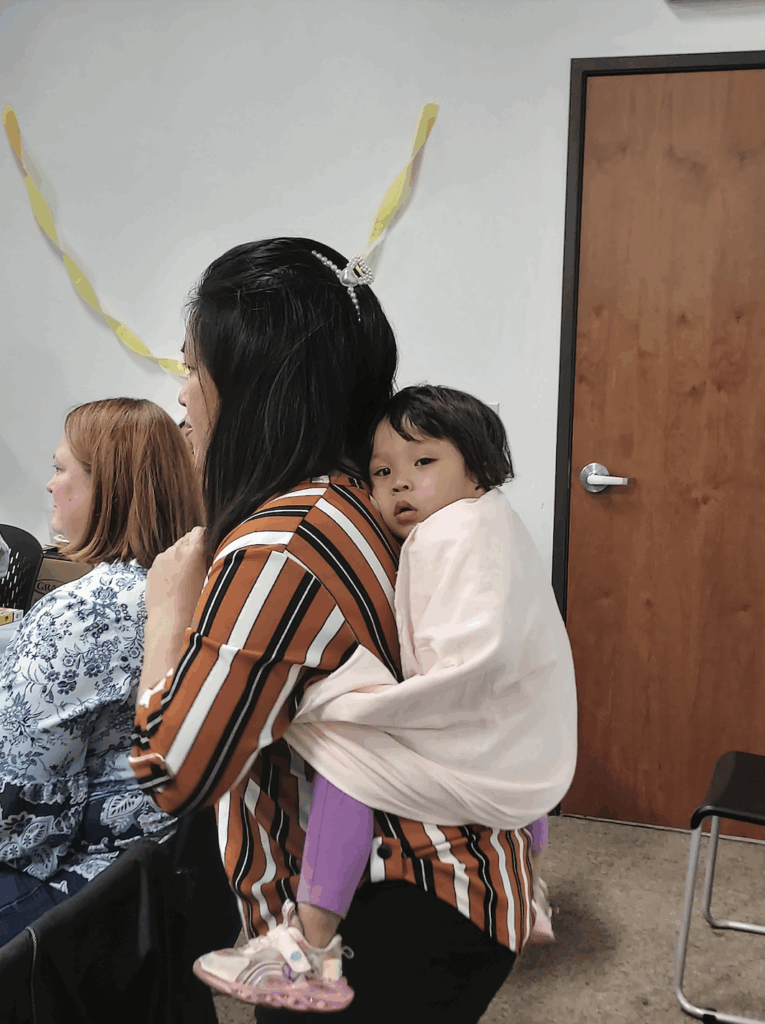 “All new moms want the same thing for their babies,” Cassandra said. “They want them healthy, happy and well cared for.”
“All new moms want the same thing for their babies,” Cassandra said. “They want them healthy, happy and well cared for.”
In lieu of traditional support systems like a spouse or other family, Exodus staff are able to provide services that help new mothers find their way.
“A lot of what we’re doing for refugee mothers is through staff consultation and coordination.”
That means sitting and talking with women about where to go, what to do and who to talk to.
“Transportation is also a huge factor,” Cassandra said. “Getting to a hospital that’s on public transit is hard enough, let alone if the bus is late or breaks down.” Exodus staff provide transportation when possible as well as vouchers for ride share programs like Lyft and Uber when public transit isn’t feasible.
And while even many American-born residents feel tremendously stressed navigating the health system, refugee mothers are at even greater disadvantage.
“We provide classes about U.S. healthcare, what it looks like and requires,” Cassandra said.
Similarly reassuring are the connections with other refugee mothers that Exodus enables. Women who have already been through the refugee experience as mothers are able to offer guidance that is both practical and credible.
These connections are especially important for new and expecting mothers. In many cases, they have travelled to the U.S. without their spouse or family, expecting to be joined by them at a later date.
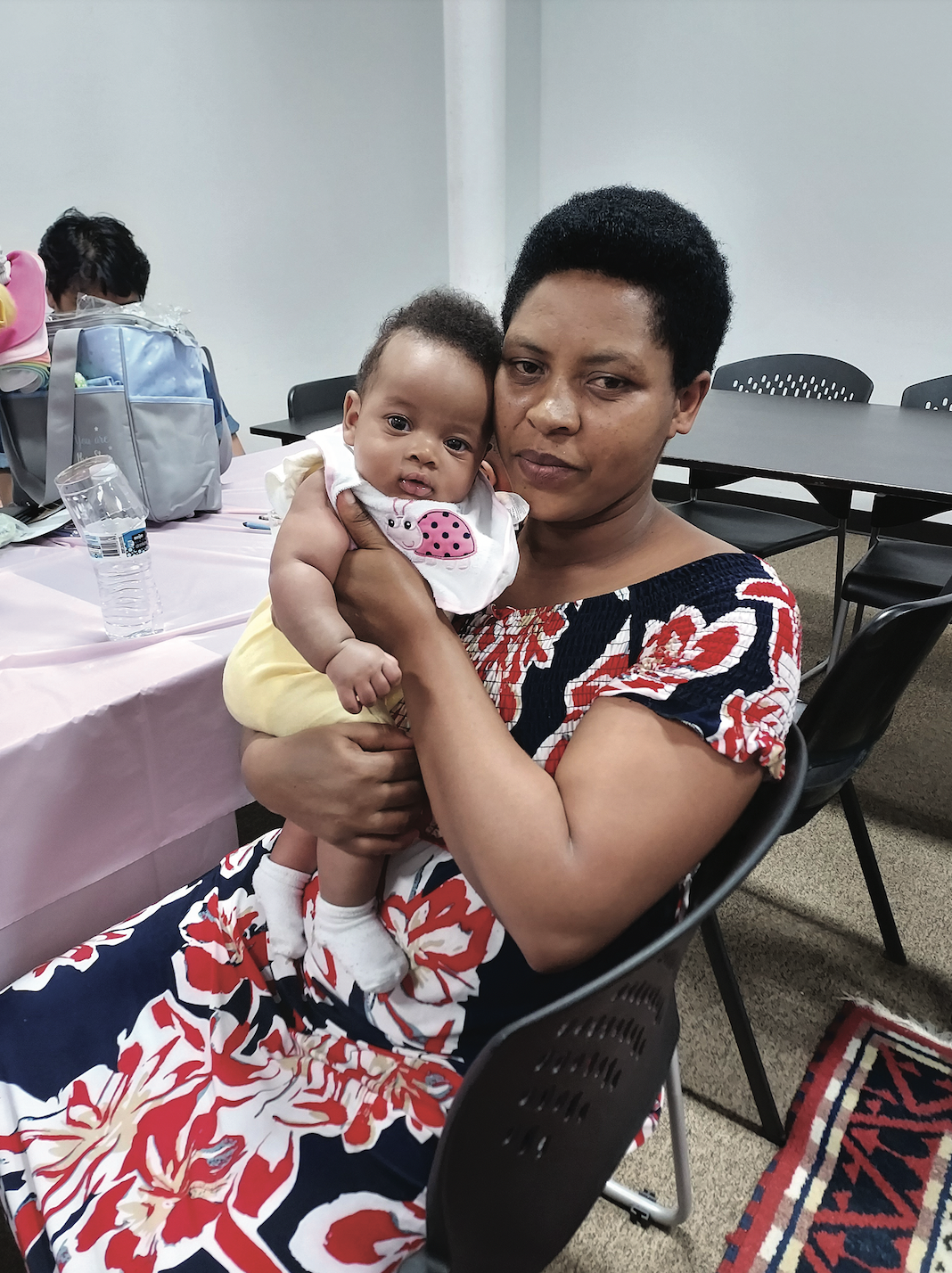
Due to U.S. pauses in refugee resettlement, that later date has become an indeterminate future for many refugee families. For the time being, Cassandra notes that the case manager funded by the Women in Health grant becomes that support.
Though they aren’t a spouse or immediate family member, you have your case manager that you can reach out to. She’s going to do everything she can to help navigate pregnancy, saying ‘Don’t worry, this is OK,’ or ‘Yeah, we should get this checked out.’ Where there might have been nobody, now there’s at least some trusted support.”
This article was published within the August 2025 issue of the Women’s Fund’s Diane magazine.
